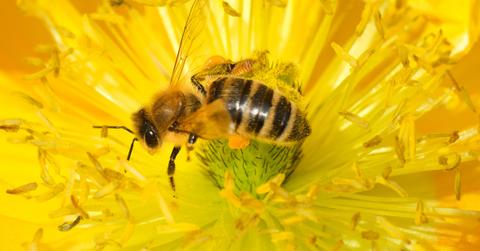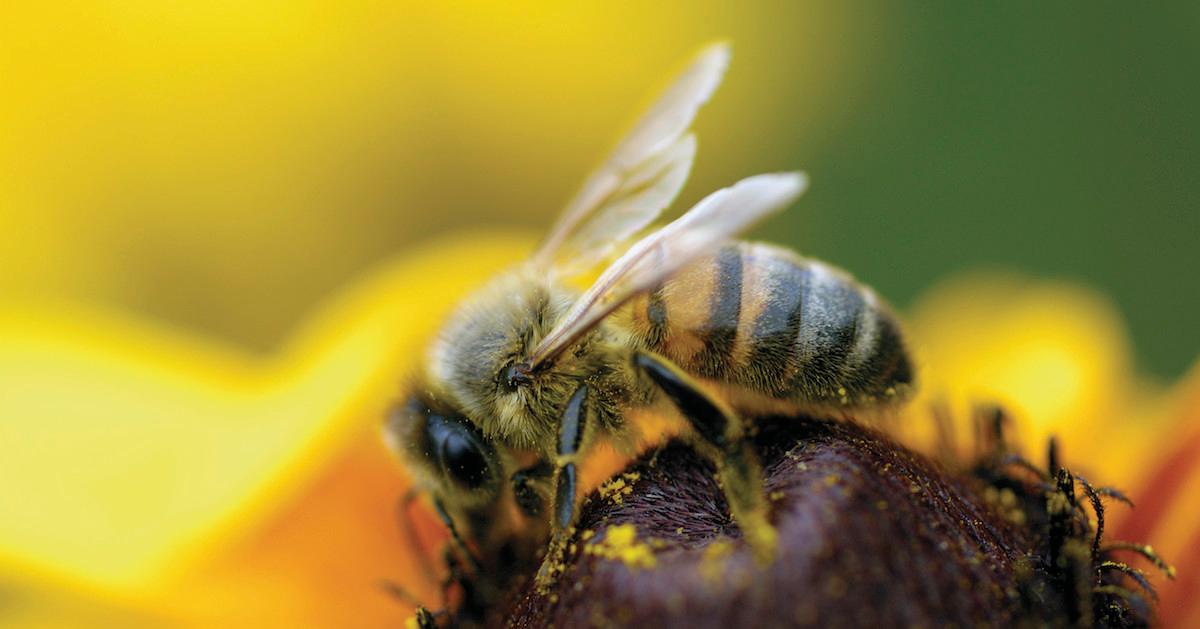Why Humans Couldn't Survive Without Bees
Updated April 1 2021, 1:10 p.m. ET

Bee population numbers have been in steady decline for the past several decades, and much of the fault for that decline lies with us. Yet, many people still believe that the plight of the bees is nothing to be concerned about. In their minds, bees are just another nuisance that might have to pay the cost if commerce is to survive. However, it's important to understand why bees are so important, as well as the ecological consequences that would happen if bees went extinct.

Why are bees so important?
Bees are an essential piece of our ecosystem. Perhaps more importantly, at least to the billions of people living on the planet right now, bees are an essential piece of our agricultural system. According to Sustain, one-third of the food that we consume each day is pollinated by animals. And though many insects, bats, and birds aid this process, the bulk of that pollination is performed by bees.
How would a loss of bees impact food production?
Pollination is crucial to growing and producing many foods we eat every day, and according to Woodland Trust, it isn’t just our food that would be impacted by bee extinction. Many of the crops that we use to feed our livestock, namely clover, alfalfa, and soybeans, are pollinated by bees. Fruits such as apricots, avocados, apples, tomatoes, melons, cherries, peaches, citrus fruits, cranberries, and blueberries are all pollinated by bees, as are vegetables including cucumbers, broccoli, asparagus, celery, and squash.
The almonds for our almond milk and the sunflowers for our seeds and oils also require the assistance of bees. It also goes without saying that honey is out of the question here as well. According to the Obama White House Archives, bee pollination is responsible for an estimated 35 percent of all global food production.

The loss of the bees wouldn’t just impact agriculture — the fallout from this loss of industry would also cripple the economy. According to Sustain, the ecological ramifications of a bee-wide extinction could cost billions. Farmers would be among the most affected by this change, as manually pollinating their crops could cost U.K. farmers around $2 billion per year. The Obama White House Archives estimates that bee pollination $24 billion to the U.S, economy, and that is a lot of money to be lost.
How do we help bees?
According to Woodland Trust, bee populations are declining due to a number of factors including climate change, habitat destruction, and pesticides. Luckily, all is not lost. We can still help bring bees back from the brink. By providing shelter in our gardens, planting bee-friendly flowers, refusing to use pesticides, and not purchasing honey or other bee-derived products, we can help bee numbers come back.